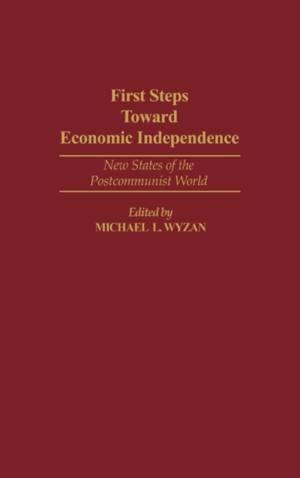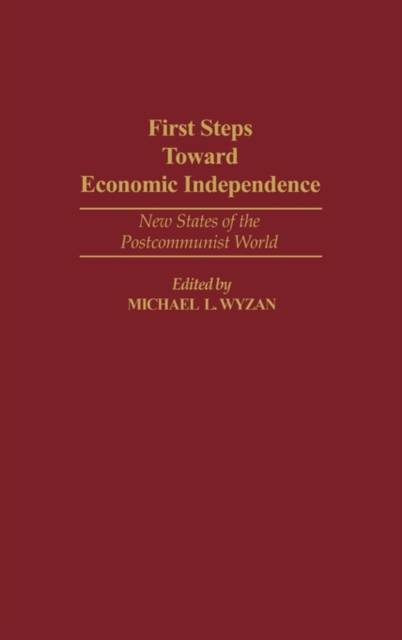
- Afhalen na 1 uur in een winkel met voorraad
- Gratis thuislevering in België vanaf € 30
- Ruim aanbod met 7 miljoen producten
- Afhalen na 1 uur in een winkel met voorraad
- Gratis thuislevering in België vanaf € 30
- Ruim aanbod met 7 miljoen producten
Zoeken
€ 161,45
+ 322 punten
Omschrijving
The end of the 1980s and the beginning of the 1990s have witnessed the disintegration of all three formerly communist federal nations, the Soviet Union, Czechoslovakia, and Yugoslavia. These events have resulted in the creation of 22 new nations, raising all sorts of interesting questions. This volume is concerned with the first steps toward economic independence of a selection of these states, including Estonia, Ukraine, Kazakhstan, and Georgia, as well as the former Yugoslavia republics of Slovenia, Croatia and Macedonia, and Slovakia. While their experiences vary greatly, they face common problems, making policy selections from a fairly similar menu. The papers in this collection provide considerable insight into the prerequisites of economic independence. Researchers, scholars, and students (graduate and upper level undergraduate classes) of economics, economic and regional development, and economic history should find this book of considerable value.
Specificaties
Betrokkenen
- Auteur(s):
- Uitgeverij:
Inhoud
- Aantal bladzijden:
- 280
- Taal:
- Engels
- Reeks:
Eigenschappen
- Productcode (EAN):
- 9780275947170
- Verschijningsdatum:
- 26/09/1995
- Uitvoering:
- Hardcover
- Formaat:
- Genaaid
- Afmetingen:
- 156 mm x 234 mm
- Gewicht:
- 571 g

Alleen bij Standaard Boekhandel
+ 322 punten op je klantenkaart van Standaard Boekhandel
Beoordelingen
We publiceren alleen reviews die voldoen aan de voorwaarden voor reviews. Bekijk onze voorwaarden voor reviews.











